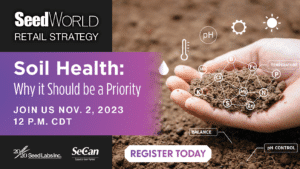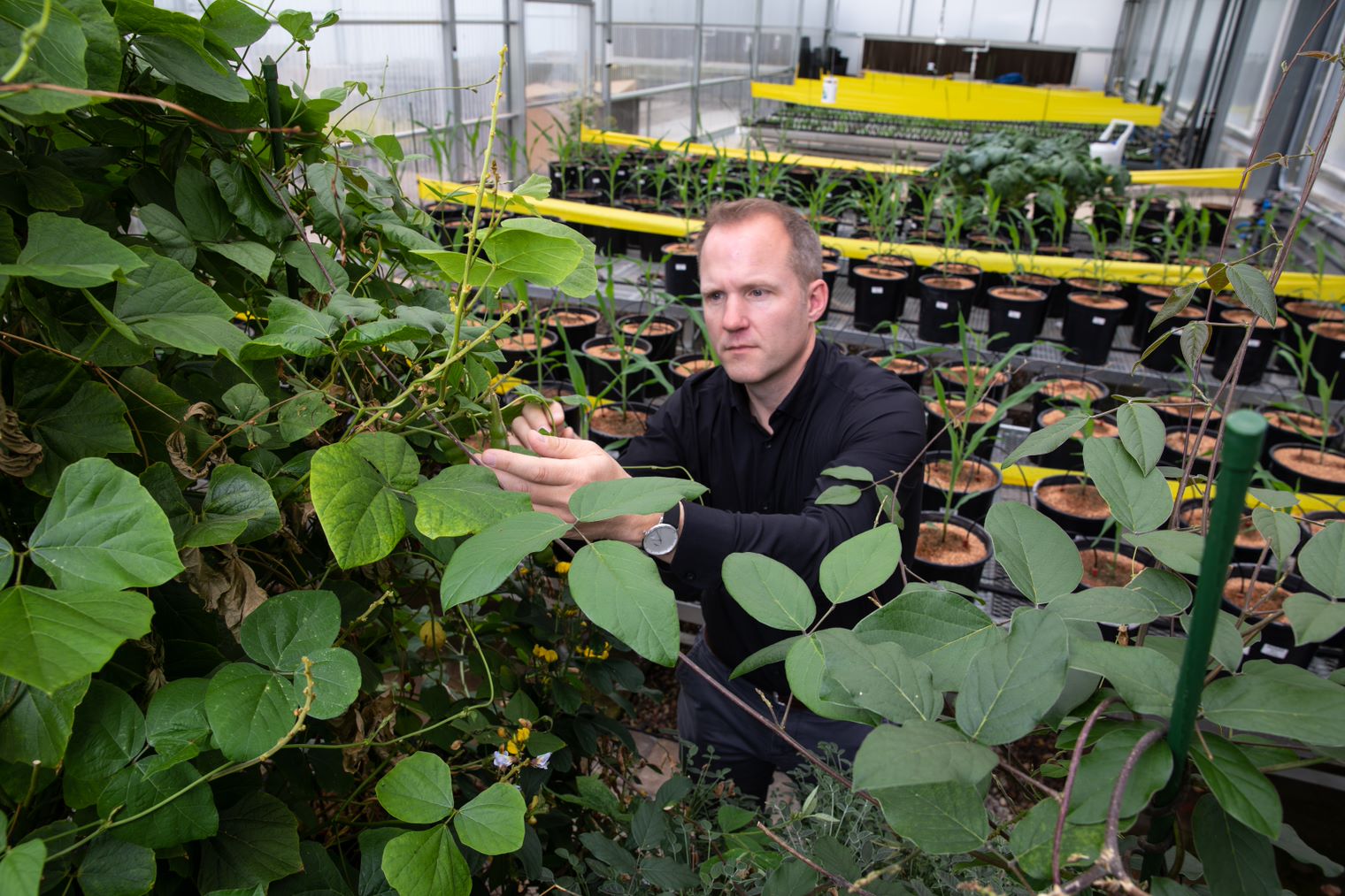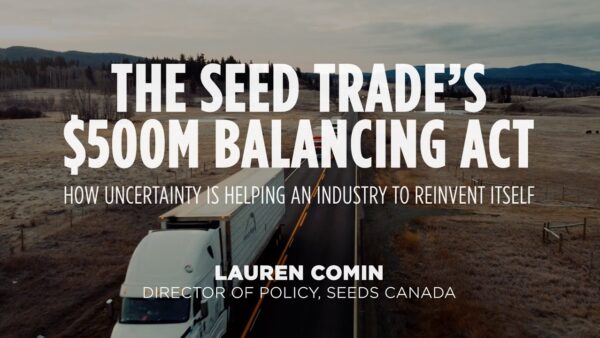In today’s farming landscape, seed treatments are more than just an insurance policy; they have become a critical step for growing a successful crop. As a grower, you are constantly thinking about how to optimize yields, while also battling disease, insect and nematode pressure, and unpredictable weather conditions during the growing season.
Help Your Seed Perform to Its Full Potential
Optimizing yield starts with the seed you select and the ways you enhance that seed’s performance. This often means planting early, which is one area seed treatments come into play. Yield potential for a crop is generally determined in the first 5-7 weeks after planting. It is critical to have a fungicide to protect from disease, an insecticide to limit seedling and root damage and a nematicide to safeguard plants from nematodes during those first 50-60 days.
Through extensive research and plant breeding, seed companies have selected for agronomically beneficial traits. These things impact the finite potential of the seed. We can then add value with seed treatments and enhance those agronomics to help them perform to their full potential.
Decide Which Type of Seed Treatment You Need
Insecticides/Nematicides
Insecticides/nematicides protect against insect pests, such as wireworm, corn root worm, nematodes, aphids and leafhoppers, which can harm crops in the early stages of emergence through damage to the plant and as vectors of viruses in many crops.
Fungicides
Fungicides promote the development of a healthy root system, protecting against fungal diseases, such as smuts and bunts, which can stop the emerging seedling or harm the plant.
Biologicals/Microbial Inoculants
Biologicals/microbial inoculants use synthetic chemistry, molecular biology and biologics to help improve nitrogen fixation or otherwise stimulate plant growth or promote soil biodiversity.
Some companies, including Bayer, are also combining various types of seed treatments to create products with enhanced benefits.
Practice Stewardship
One of the most important issues surrounding seed treatments is the proper use of the products involved, otherwise known as stewardship. When you buy treated seed, the application process is a balance of art and science. It’s important that the application is done by the best means possible, so educating yourself on proper use is vital. Seed coatings, product knowledge and dust control all come into play.
Increase Yields with Innovative Seed Treatments
The seed treatment market has developed a lot in the last 20 years, evolving from contact fungicide products to systemic seed treatments that offer longer protection on a wider range of pests.
Companies have accomplished these achievements with a relatively limited number of active ingredients; R&D costs are very high and the registration process is challenging. A decade ago, Bayer began thinking outside the box with the products available. We wondered: How can we innovate with the existing active ingredients and look at lifecycle management for our products?
We introduced Poncho®/VOTiVO®, an innovative product combining a traditional active ingredient with a biological. As we continued to look at the needs of growers, the focus started to shift toward total soil health, a critical ingredient in a farm’s long-term success. This brought about the introduction of Poncho/VOTiVO 2.0 seed treatment system* which builds on the success of Poncho/VOTiVO and adds new soil health benefits to give your plants the best chance at a healthy start. This seed treatment increases microbial activity in the soil around the roots resulting in greater nutrient availability for the plant, optimizing the seed’s yield potential.
When you choose to invest in a seed treatment, you are ensuring healthy crop establishment. Healthy crop establishment contributes to higher yields. And higher yields grow your business. Therefore, seed treatments are no longer just an insurance policy – they are critical for success.












